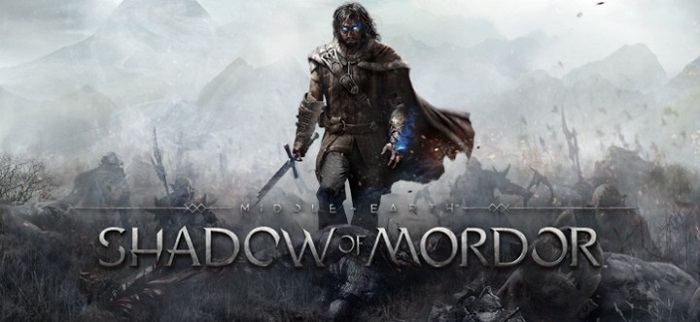The Federal Trade Commission (FTC) of the USA recently called out Warner Bros. Home Entertainment to scrutinise the fact that they had paid YouTube ‘influencers’ to promote the company’s game, Middle-earth: Shadow of Mordor.
According to the report released by FTC, the publisher, through a third party marketing firm paid some YouTube creators to promote the company’s game as they were provided with a version of the game before the release. What was noted by FTC was that, the ‘influencers’ failed to inform the consumers the fact that the video was being promoted by the publishers while the YouTube personalities were provided with “cash payments often ranging from hundreds of dollars to tens of thousands of dollars.”
Roughly, these were the guidelines which were to be followed by the influencers while making content related to the game:
- The video will make positive statements about the game.
- The video will not talk about any glitches found in the game.
- The video should be further supported by the creator with one Facebook post or tweet in regards to the content.
- The video should have a strong call-to-action message, which the visitors can click and which leads to game’s website where they can learn more about the game.
- The video should feature gameplay of Middle earth: Shadow of Modor.

It was noted that the attempt not only is unethical as it tampers the decision making process of the consumers as they have no clue that the content is indeed sponsored, but it also breaches the FTC’s guidelines.
It was also said that the information the video is sponsored was kept at the bottom where the visitors had to click on “Show more” button to navigate, which is barely visible when it was shared on other social media websites like Facebook or Twitter.
“Consumers have the right to know if reviewers are providing their own opinions or paid sales pitches,” said FTC Bureau of Consumer Protection, director, Jessica Rich in a statement in the commission’s press release. “Companies like Warner Brothers need to be straight with consumers in their online ad campaigns.”
No influencers were named except from one who’s the most well known YouTube stars – Felix “PewDiePie” Kjellberg whose videos were viewed around 3.7 million times out of the total 5.5 million times all the sponsored videos were watched.
This is not the first time, sponsored content were masqueraded as original content. Last year, Machinima, the digital entertainment company also settled with FTC because of their promotion of Xbox One through their videos and most recently, YouTube stars, Trevor “TmarTn” Martin and Tom “Syndicate” Cassell extensively promoted a Counter Strike: Global Offensive betting site owned by them, which they failed to mention.
In the settlement, FTC asked Warner Bros. to follow the rules of disclosure in future marketing campaigns, which include educating influencers on how to disclose the arrangement and ceasing payment agreements if these steps are not adhered to. The company has 30 days to make a public comment on FTC’s website, following which the commission will finalise if to go with the proposed agreement or not.
